When it comes to plumbing, the old adage holds true, prevention is definitely better than cure.
Throughout the year most households will need to call out a plumber for one thing or another. But by taking a few simple steps to maintain your plumbing, you can avoid unnecessary call outs and costly inconveniences.
Taps and sinks
A leaky tap is not only annoying, it can cost you precious pounds and cause damage to your home. Check all of your pipes and taps regularly and if you find a leak, get it fixed straight away to avoid any possible water damage.
If your taps have a built-in aerator, make sure you clean this at least once a year. Lime scale buildup in and around the aerator is a major culprit when it comes to dripping taps.
Toilets
Toilets are like bones; when they’re working well you don’t even think about them, but break one and it can cause you a whole world of pain.
A simple test you can do to detect leaks in your toilet is to put a small amount of blue food colouring in the tank. Leave it for a few hours and then check the bowl. If any blue colouring appears in the bowl, you have a leak and the seal or flushing mechanism may need to be replaced.
Showers and Baths
The main problem you’ll encounter with shower maintenance is mineral buildup in the showerhead. This will happen more regularly if you live in an area with hard water, but it will happen to almost all showers over a period of time.
Removing the buildup is fairly straightforward, especially if you do it regularly. Simply remove the showerhead and soak it in white vinegar for about 30 minutes. After this the lime scale should wash off, or you can use an old toothbrush for any stubborn areas.
A similar technique can be employed for your bath taps. As they can’t be removed, just fill a plastic bag with vinegar and tie it over the tap so that the mineral build up is soaked in the vinegar. Leave for 30 minutes and scrub with a toothbrush.
Drains
Kitchen and bathroom drains can become blocked all too easily. A good way to keep them flowing is to clear them regularly, even if they’re not blocked.
Drain cleaners can sometimes do more harm than good, so you’re better off using a bit of elbow grease to clear out any gunk. Simply get a wire coat hanger, straighten it out and use it to pull out any food or hair that’s got stuck in the drain.
Once you’ve got the worst of the debris out, pour some hot (but not boiling) water straight down the drain, wait 10-15 minutes and then use a plunger to get rid of anything you missed.
If your blockage is a bit more stubborn, use a combination of vinegar and bicarbonate of soda. Mix them together and pour quickly down the drain, you’ll be able to hear the potion fizzing as it works it magic.
Pipes
During the winter months it’s extremely important to protect your pipes from the worst of the cold. By insulating your pipes, you can prevent them from freezing and bursting in chilly temperatures.
Make sure your pipes are clean and dry before you cover them in the insulation. And ensure that the whole of the exposed pipe is covered. Gaffer tape or duct tape can be used in corners to make sure everything stays snug.
To prevent internal pipes form freezing, open cupboard doors under sinks at night to allow the warmth from the rest of the house to circulate.

If you follow these simple tips, a few hours spent maintaining the plumbing around your home could save you a lot of time and money in the long run.
You may not be able to fix a burst pipe or overflowing loo, but with a little elbow grease and a spot of know how you can keep your pipes flowing smoothly for years to come. For more plumbing info, visit www.plumbercheltenham.com.au
Featured images:
- License: Creative Commons image source
- License: Creative Commons image source
Written by Nathan Griffiths providing practical plumbing tips in conjunction with DIS Plumbing St Albans.
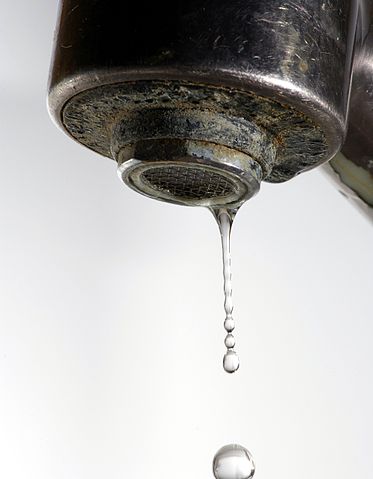
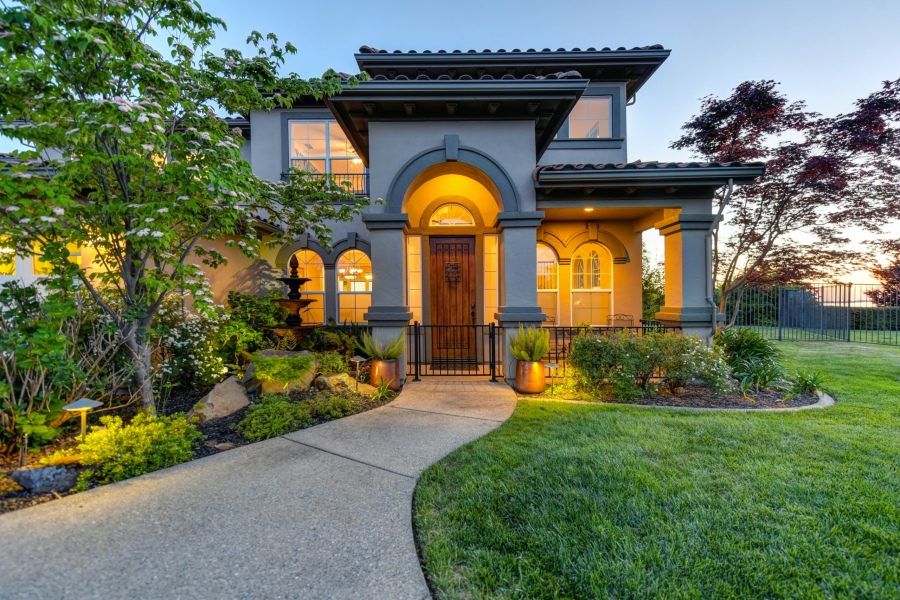
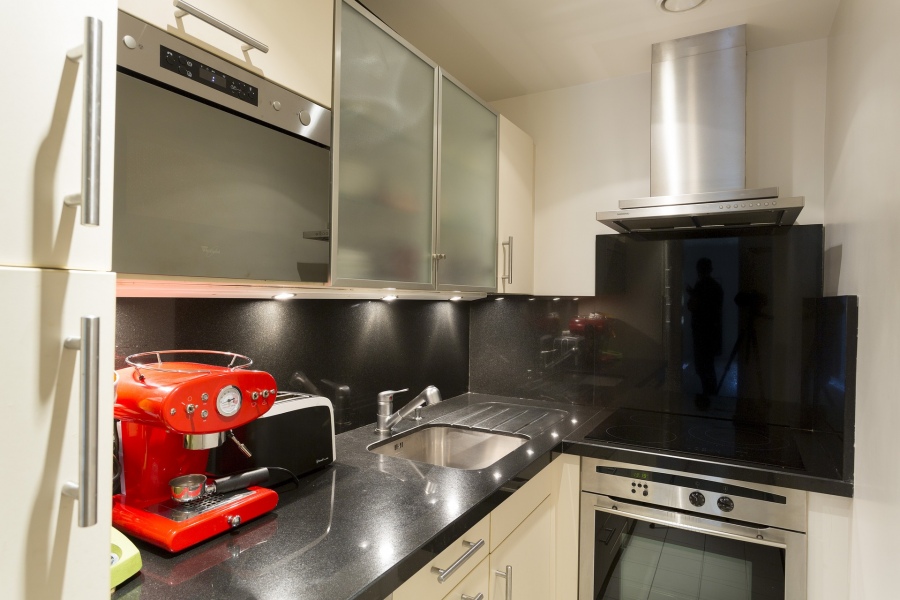
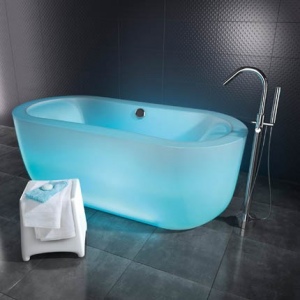
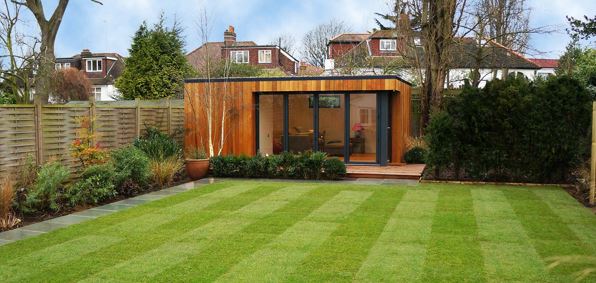
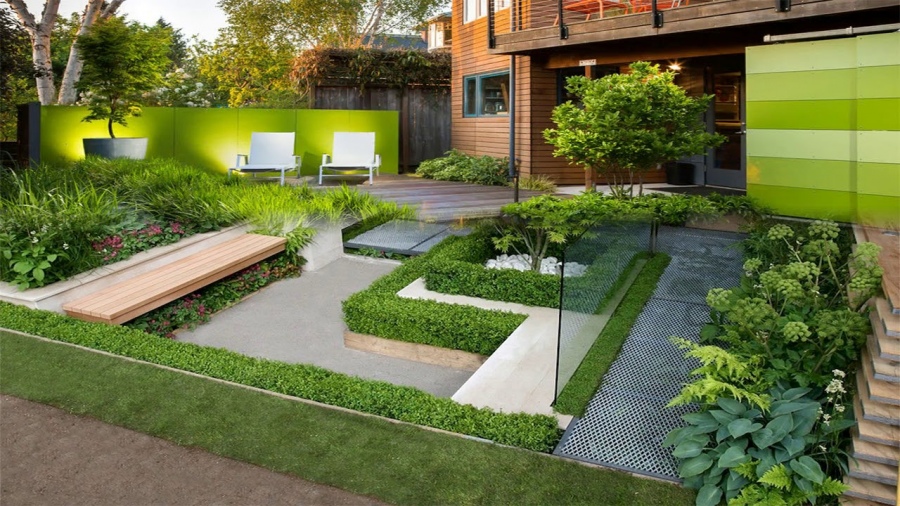
Nathan,
You’ve shared smart tips in this post. We’re in the water filtration business and see many homes with neglected maintenance, especially in the pipes. Thanks for sharing best practices!